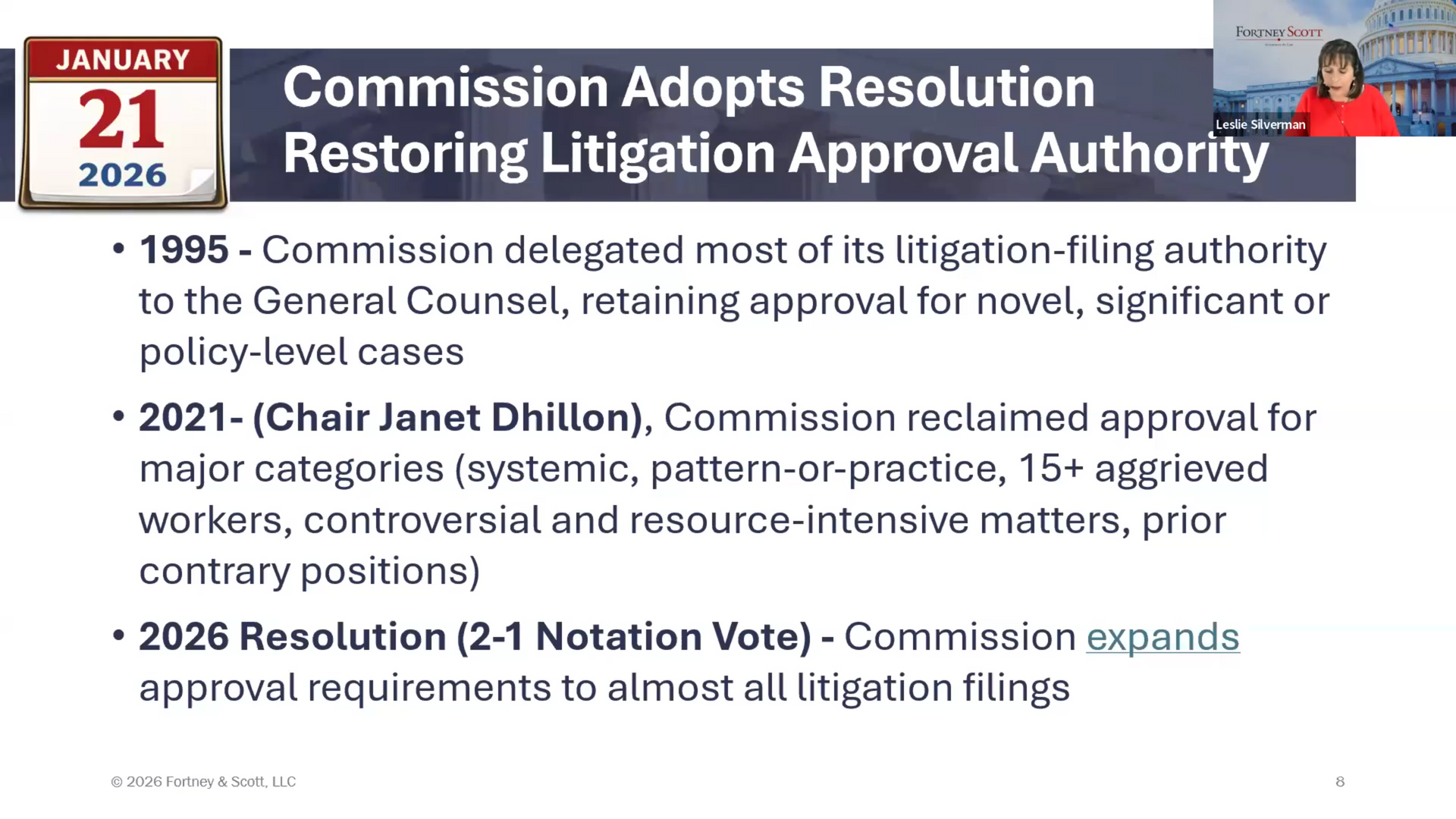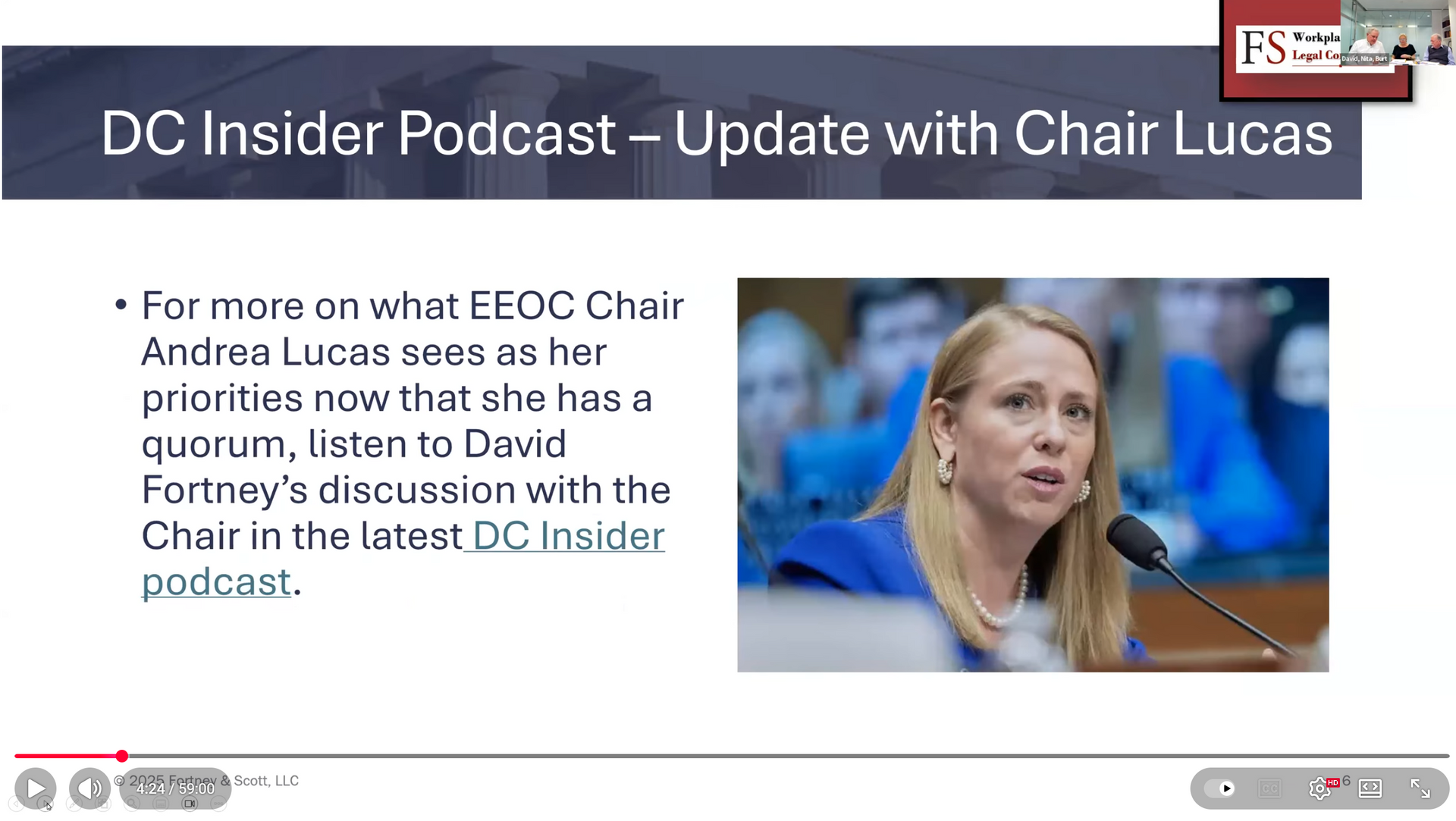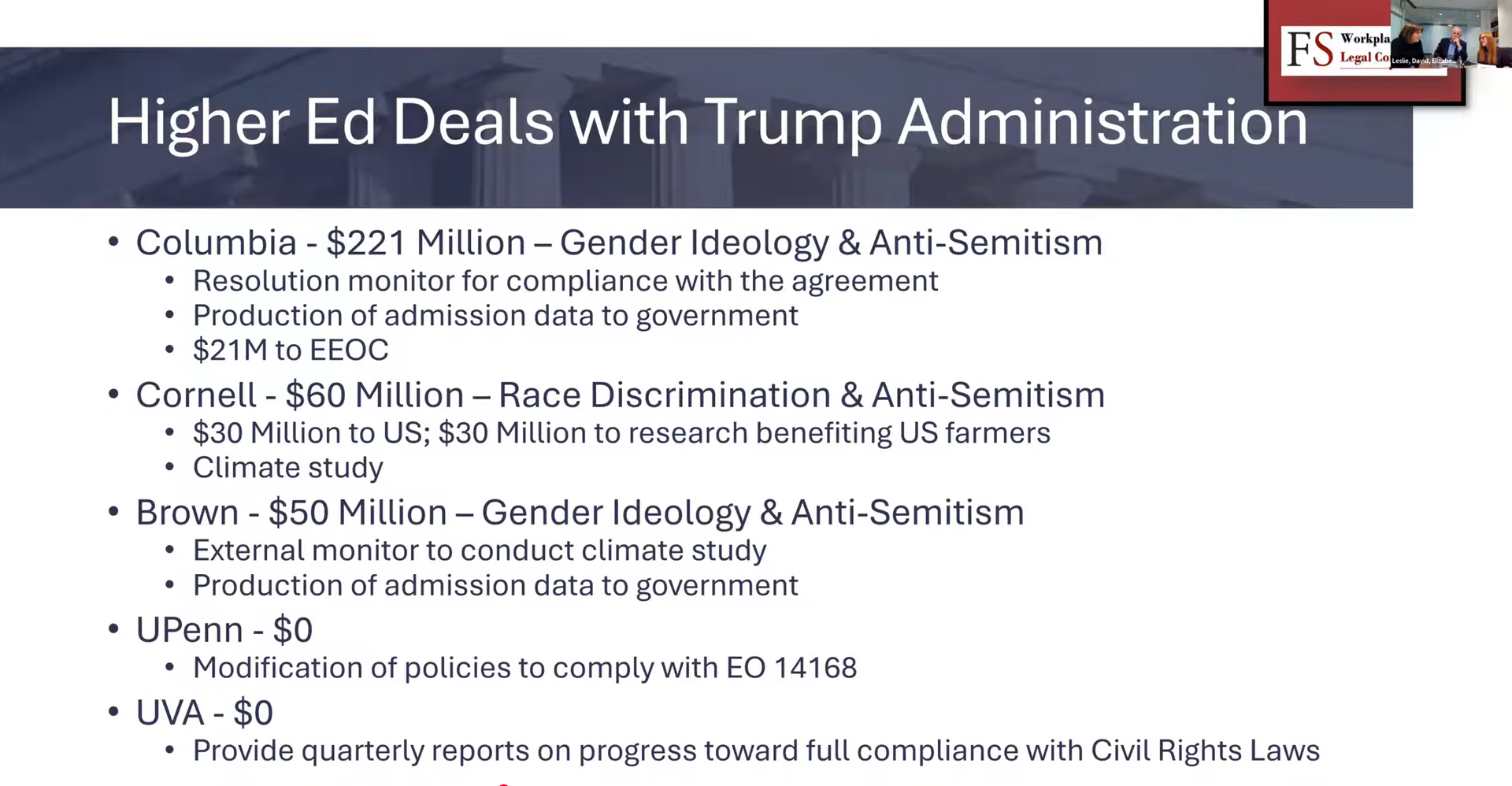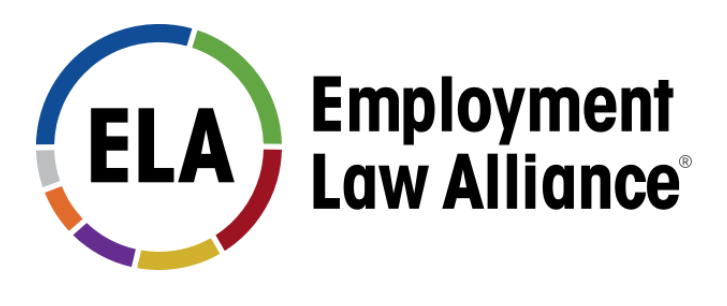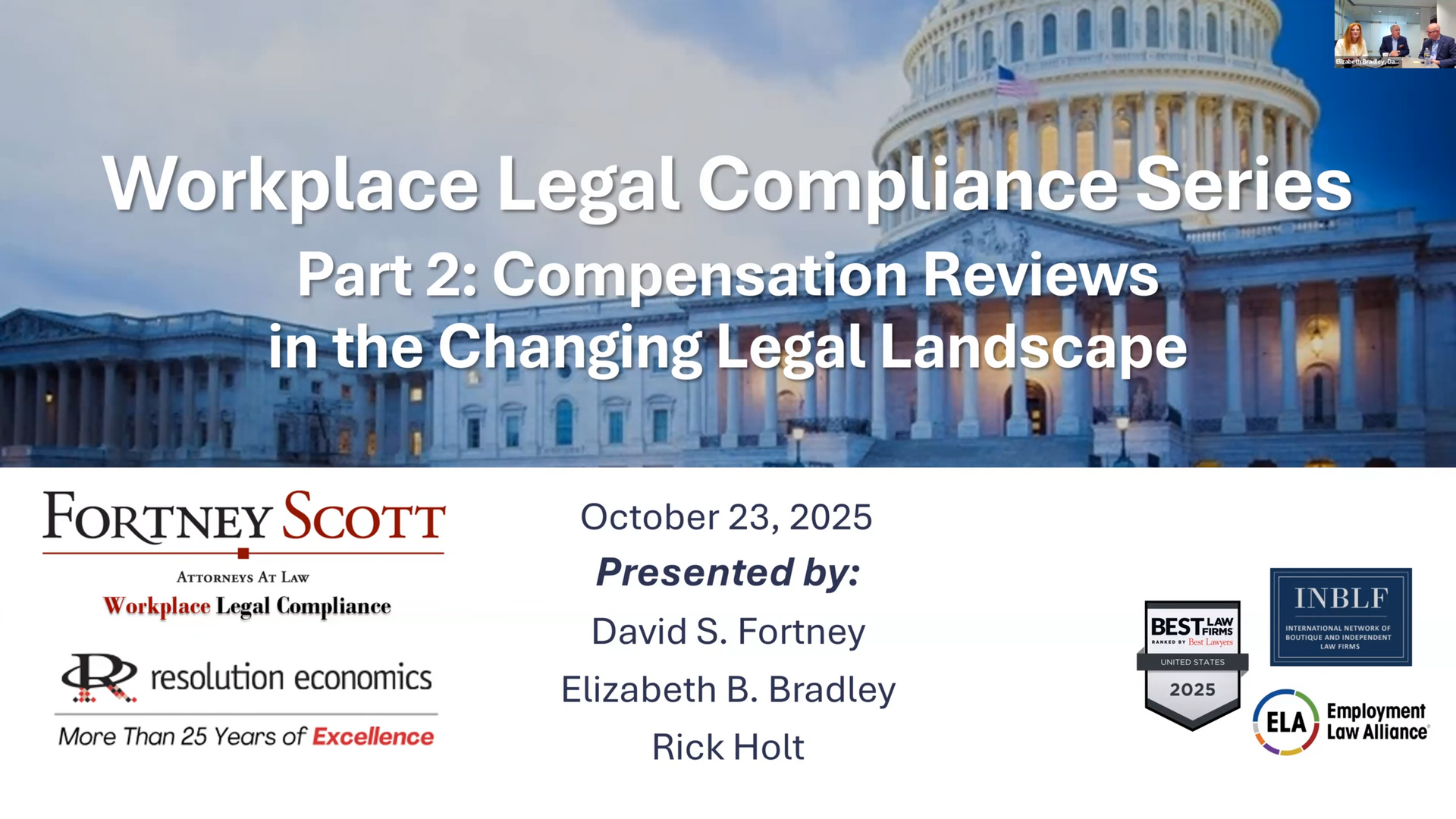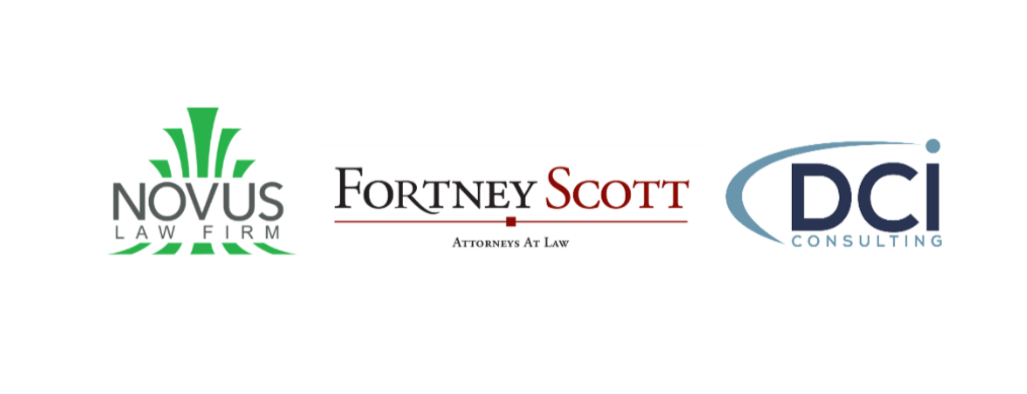Cost of Living Adjustment of Civil False Claims and False Statement Penalties
Overview
The financial penalties for violating federal contracting obligations are going up beginning July 1, 2016. Thereafter, there will be annual COLA increases for such penalties. Adjusted penalty levels may increase to as much as 250 percent of the level(s) in effect in 2015, and each agency is authorized to increase the penalty itself by as much as 150 percent. Accordingly, contractors may face a significant range of penalties depending on the penalty increases assessed by the individual agencies that they contract with. The bottom line is that the risks related to potential false claims and false statements are increasing for federal contractors. The details are provided below.
The New Civil Penalties
The Federal Civil Penalties Inflation Adjustment Act of 1990, as further amended by the Federal Civil Penalties Inflation Adjustment Act Improvements Act of 2015 (“FCPIAA”), provides for adjustments for inflation to the civil monetary penalties that Executive Agencies can assess for violations of applicable statutes and regulations, including those relating to False Statements and False Claims. The amendment also provides for FCPIAA escalation of Occupational Health and Safety Act violations.
The Office of Management and Budget’s (“OMB’s”) implementing memorandum states that “[i]n accordance with the 2015 Act, however, agencies shall not increase penalty levels by more than 150 percent of the corresponding levels in effect on November 2, 2015. Note: The 150 percent limitation is on the amount of the increase; therefore, the adjusted penalty level(s) will be up to 250 percent of the level(s) in effect on November 2, 2015.” Agencies have until July 1, 2016 to issue their specific interim final rules to adjust civil monetary penalties.
Following up on the FCPIAA and OMB guidance, on May 26, 2016, the Department of Defense (“DOD”) issued its interim final rule to adjust the civil monetary penalties that it may access for violations of designated provisions, including notably violations involving False Claims and False Statements. Under the interim final rule, the maximum per-claim penalty for such violations will increase to $10,781 from $5,500. 81 Fed. Reg. 33391. The stated purpose of the adjustment is to “improve the deterrent effect of civil monetary penalties and to promote compliance with the law.” Id. As noted by the interim final rule, the DOD is authorized to issue a “cost-of-living adjustment” to escalate this amount each year.
Significantly, the interim final rule provides that the escalated penalty “must apply only to civil monetary penalties, including those whose associated violation predated such increase, which are assessed after the date the increase takes effect (i.e., July 1, 2016).” [Emphasis added.]
Take-Away:
- As noted above, these new penalties can be assessed against violations predating the escalation.
- Make sure that you have a working compliance program and training to ensure your personnel understand the importance of compliance with applicable laws and regulations.
- Federal Acquisition Regulation (“FAR”) Mandatory Disclosure rules require reporting of credible evidence of actual or suspect violations. Early identification will help you to timely report and address such matters. If you become aware of a possible violation of covered laws or regulations, take appropriate steps to promptly investigate.
If you have any questions with regard to these matters, please contact Susan Warshaw Ebner, or the FortneyScott attorney with whom you work.
